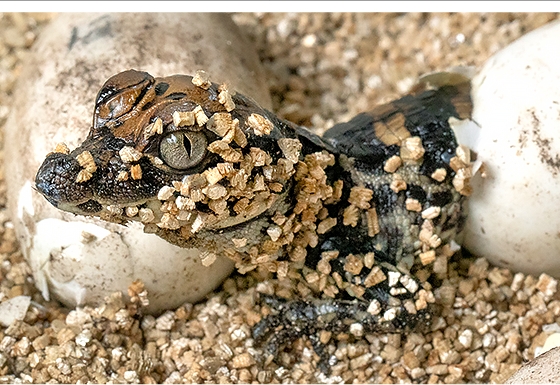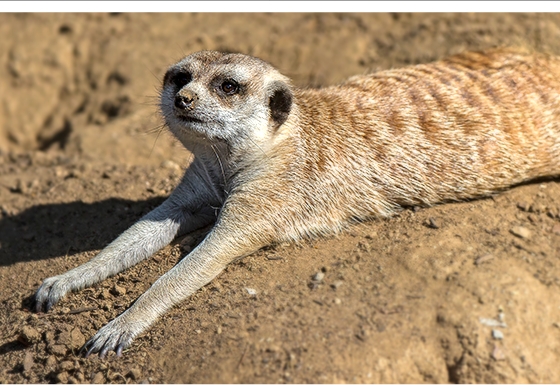|
|
 |
|
|
|
Wildfire understandably tends to conjure up images of destruction, and we are certainly no strangers to it here in Southern California. But with nature, things aren’t always so simple. Fire is necessary for the survival of some species, creating new life after the blaze and helping ecosystems thrive.
Naturally occurring fires, such as those from lightning strikes, can help return nutrients to soil, keep habitats in balance, and trigger certain plants to grow. For the endangered local Tecate cypress, fire enables its seeds to open so the species can reproduce. Other plants lie dormant in the soil until they’re cued to germinate by the chemicals in smoke or char, rather than the heat of fire. Our conservation teams have even been able to get them to sprout by soaking them in “smoke water.”
These complex life cycles are vital to ecosystem health. However, in recent years, the increased frequency of wildfires caused by people and climate change has threatened to tip this delicate balance. With your support, we’re collaborating with partners to restore healthy ecosystems, mitigate the impacts of fire in our own backyard, and protect and preserve native plants. Discover how you’re helping bring things back to level in our Southwest Conservation Hub.
|
|
 |
|
FULL OF SURPRISES
|
|
As you might expect, the sex of most wildlife is determined by their genes. Sometimes, however, nature makes the call. For certain reptiles, factors including the amount of daylight, the social environment, or temperature will determine their sex. Even just a few degrees can be the difference between a male or female reptile hatching. See how we’re working to help reptile species as rising global temperatures impact ratios of males to females—and potentially the future of reptiles.
|
|
 |
|
SECRET SUNBATHING STRATEGY
|
|
Sunbathing might be one of your favorite summer activities. Wildlife thrives on it, too, but for them it can be a survival technique. Meerkats stand up to catch rays, vultures use the sun to dry their feathers, and rock hyraxes sunbathe on rocks to preserve their energy and regulate their body temperature. As you enjoy the warmer weather, take a minute to find out why wildlife soaks up the sun.
|
|
WILDLIFE HEROES
CHANGE THE WORLD. |
| John, you’re making a vital difference for the extraordinary wildlife relying on us to thrive—and survive—each and every day. As a Wildlife Hero, your ongoing monthly support will pave the way for lifesaving conservation efforts. Whether supporting species in Southern California, including endangered Tecate cypresses, or protecting wildlife around the world, you’re at the heart of it all. Your continued support makes it all possible, and we are forever grateful for you. On behalf of wildlife everywhere, thank you for all you do! |
| Your monthly gift will secure the future for wildlife around the globe. |
|
|
|
|
|
|
|
|
|
|
|
|
|
|
